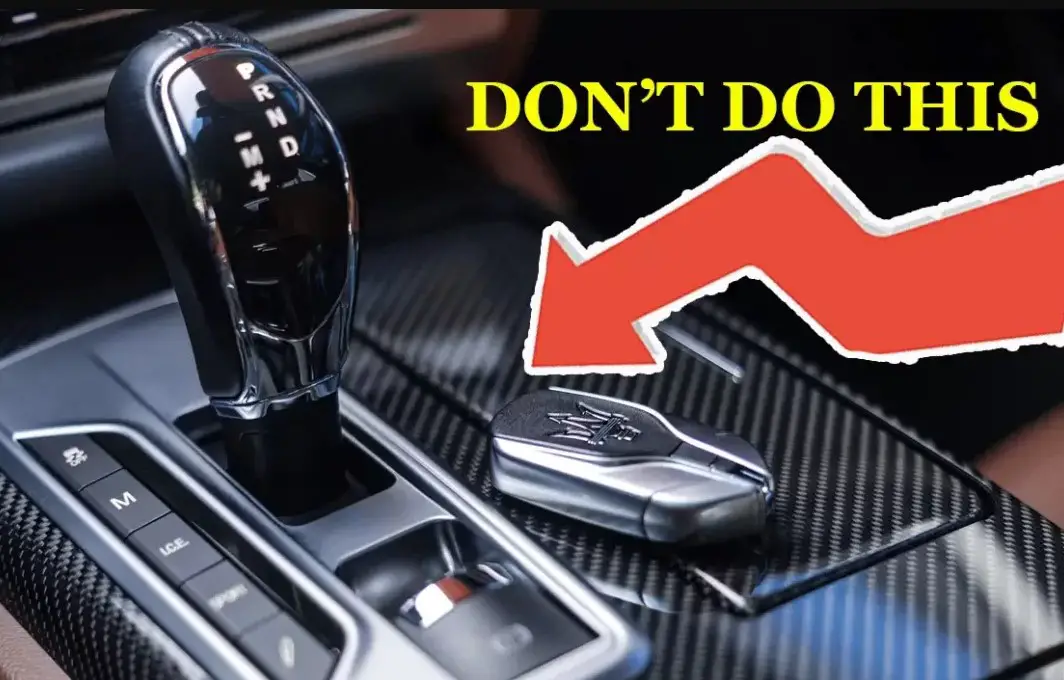As a car owner, it is important to keep your vehicle in great condition to make sure your car is safe and reliable when driving. Taking care of your car can ensure that your car is running smoothly and won’t run into problems, so you won’t create dangerous scenarios for yourself or for others. Here are six things you should avoid doing to your car:
- Neglecting Regular Car Maintenance
Regular maintenance is one of the most important things you should do for your car. Keeping track of the guidelines for when to check on your car, whether it be every few months or mileage milestones, understand when you should perform maintenance. This will keep your car running smoothly over time. Changing the oil, rotating your tires, and checking fluid levels will sustain your car’s overall healthiness.
- Ignoring Warning Lights
The warning lights on your car’s dashboard are designed to let you know when there are problems in specific aspects of your car. They are there to tell you when and what needs to get checked. If you don’t know what a certain warning light is, your car comes with a booklet that tells you everything about your car, or you can find warning light icons online and what they mean.
- Neglecting the Brakes
Brakes are an extremely important aspect to a car. Replacing your brake pads and refilling your brake fluid can help keep brake performance up. Refusing to take care of your brakes can increase the risk of a car accident. Neglecting your brakes can also cause high-pitched noises when braking, indicating something is wrong with your brakes or brake pads.
- Using the Wrong Oil
Motor oil is an engine lubricant used to reduce friction and wear within engines as well as keeping your engine health clean by carrying dust and other residue flowing to the oil filter. Motor oil is also used to help keep the engine cool, supplementing the coolant. However, not every car uses the same motor oil. Using the wrong oil won’t endanger your car but can decrease the efficiency and lifespan of your engine – which can get expensive to replace.
- Improperly Inflating Tires
Most cars should have a tire PSI chart on the inside of the driver’s door showing what your car’s PSI levels should be. Some people tend to believe that underinflated tires may cause a lowering in gas mileage or that overinflated tires can increase gas mileage, but that is not entirely true. Improperly inflated tires can increase wear-and-tear on your tire and won’t affect mileage as much as you think.
Overinflated tires are at greater risk for a blowout, which could cause you to lose control of your vehicle and in turn, can potentially increase your risk of a car accident. If you are unlucky enough to be in a wreck, the auto attorneys at The Entrekin Law Firm have great resources for victims of collisions. Be sure to follow the tire pressure PSI chart on the side of the driver’s door. Nowadays, most gas stations have air for tires and some places even give air for free.
- Driving with Low Levels of Fuel
It is uncommonly known that driving below ¼ gas can be damaging to your car. While driving with low gas won’t immediately damage your fuel pump, it can reduce the lifespan of these parts if consistently done. This is due to fuel pumps not being designed to operate without fuel. Pushing your fuel pump without fuel could clog the fuel filter or even damage the fuel pump itself. This can also lead to your engine not functioning properly, resulting in engine misfires or loss of power, or vibrations.
Overall, taking proper care of your car is important for your car’s health. It can increase the lifespan of your car as well as its efficiency. Keeping your car healthy and maintained will also keep you and other drivers safe as your car will be functioning properly.


